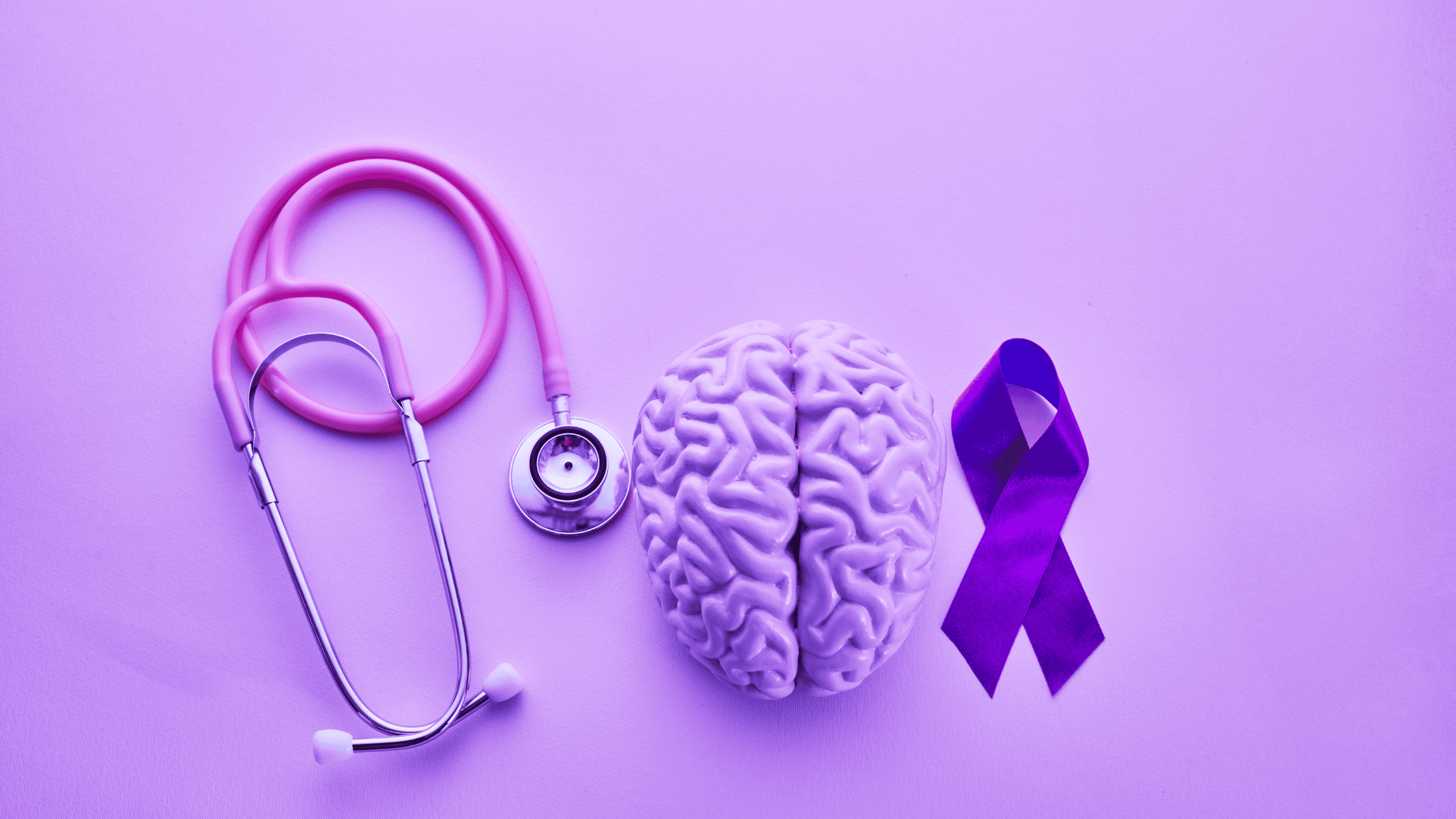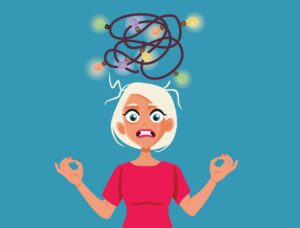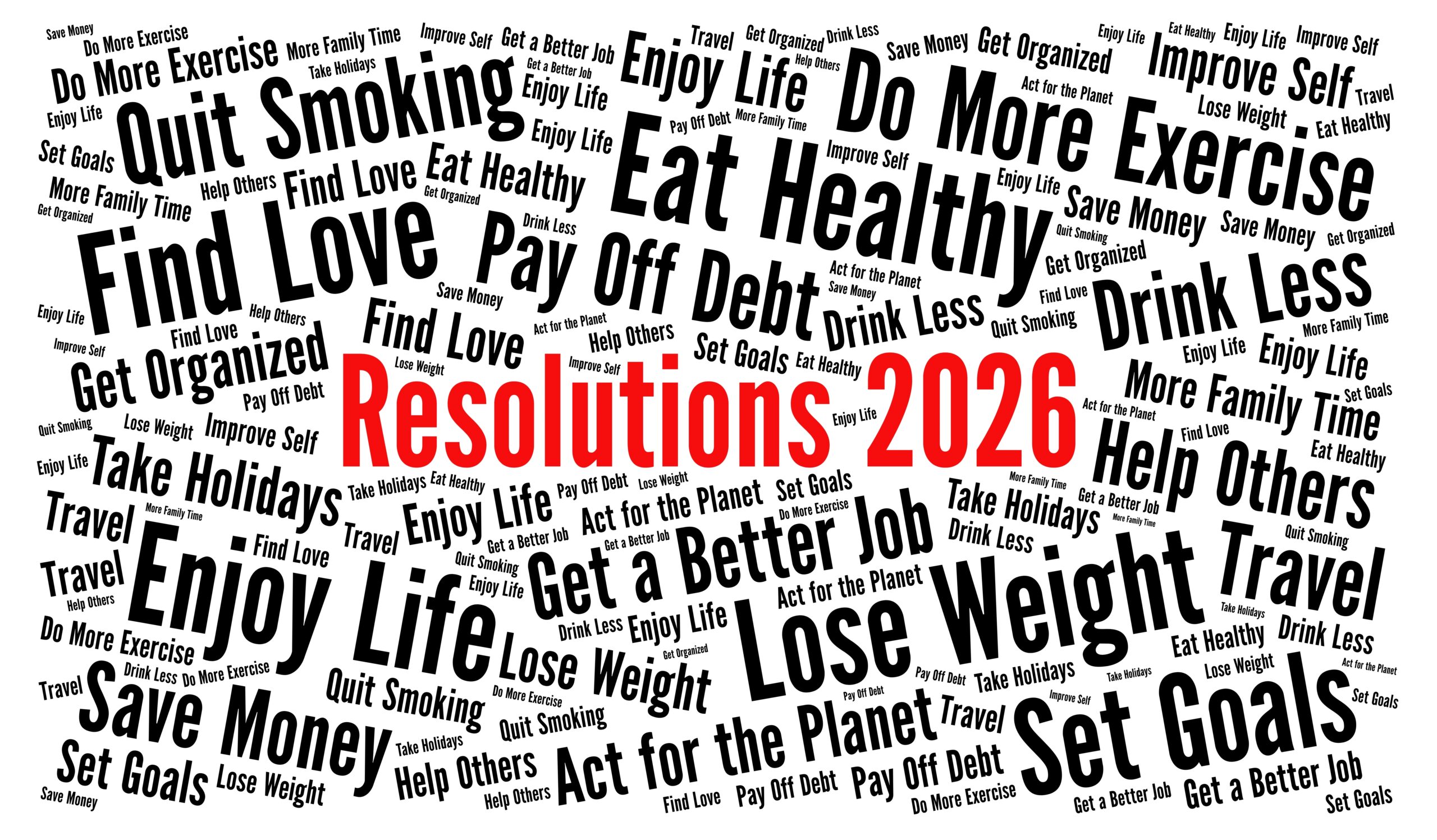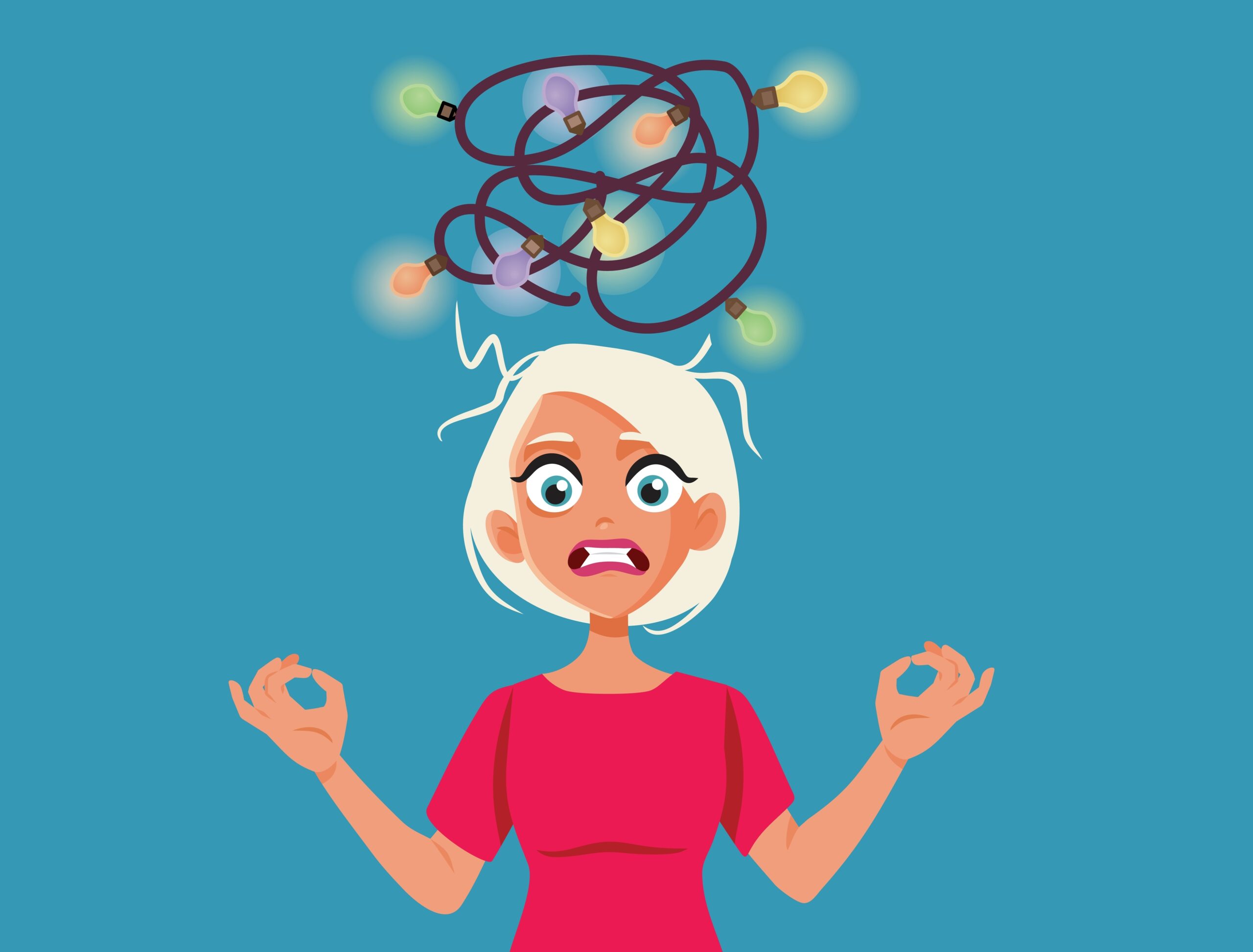Imagine sitting down with a loved one, only to realize that they no longer remember your face or your name. This heartbreaking scenario is a reality for millions of families affected by Alzheimer’s disease. June is Alzheimer’s and Brain Awareness Month, a time dedicated to shedding light on this devastating condition and promoting brain health.
Alzheimer’s disease affects 7 million Americans and is the fifth leading cause of death in the United States for people over 65. It not only robs individuals of their memories and independence but also deeply impacts their families and caregivers. Despite these challenges, there is hope. Advances in research, growing awareness, and community support are making a difference.
Alzheimer’s and Brain Awareness Month is an opportunity for us to learn more, support those affected, and take steps to maintain our own brain health. Understanding and caring for our brains is crucial because they are the control centers of our bodies, influencing everything from our thoughts and emotions to our physical movements and ability to communicate.
Let’s explore why we should care about brain health, the importance of understanding what Alzheimer’s looks like, and how to help raise awareness and advocate for more research and better treatment of the disease.
June is Alzheimer’s and Brain Awareness Month
Alzheimer’s and Brain Awareness Month, observed every June, is a time to educate ourselves and others about Alzheimer’s disease and the importance of brain health. This initiative, spearheaded by organizations like the Alzheimer’s Association, aims to shed light on the challenges faced by those living with Alzheimer’s and their caregivers. The month-long campaign started as a way to encourage conversations about the disease, promote early detection, and support research efforts. Today, the Alzheimer’s Association plays a critical role in influencing dementia policy change at the federal and state levels.
Raising awareness is vital because it helps reduce stigma and fosters a supportive environment for those affected. By participating in activities and events throughout the month, we can make a meaningful impact, spreading knowledge and compassion within our communities.
Understanding Alzheimer’s Disease
Alzheimer’s disease is a progressive brain disorder that affects memory, thinking, and behavior. Over time, it leads to a decline in cognitive abilities, making everyday tasks, like cooking, cleaning, engaging with friends and family, and traveling to familiar places, increasingly difficult. In Alzheimer’s, abnormal protein deposits form plaques and tangles in the brain, disrupting the communication between nerve cells and eventually causing them to die.
Common symptoms include memory loss, confusion, difficulty with problem-solving, and changes in mood and personality. The disease progresses through stages, from mild forgetfulness to severe impairment, where individuals require full-time care. While the statistics are sobering, with 7 million Americans living with the disease, it’s important to remember that early detection and proper care can make a significant difference in the quality of life for those with Alzheimer’s and their families.
Getting Involved and Making a Difference
Awareness is a powerful tool in the fight against Alzheimer’s disease. There are many ways to get involved during Alzheimer’s and Brain Awareness Month, and each action, big or small, makes a significant impact. Simply speaking openly about Alzheimer’s breaks down the barriers of stigma and fear that often surround it.
Here are some ideas on how you can contribute:
Participate in Local Events:
- Walks and Fundraisers: Join or organize local events like the Alzheimer’s Association Walk to End Alzheimer’s. These walks are not only a great way to raise funds but also to show solidarity with those affected by the disease.
- Community Events: Attend or help set up educational seminars, memory walks, or charity runs. These events often need volunteers to manage logistics, promote the events, or simply show up to participate.
Volunteer Your Time:
- Support Groups: Offer your time to local support groups for caregivers and those living with Alzheimer’s. Your presence can provide much-needed emotional support and companionship.
- Care Facilities: Volunteer at nursing homes or care facilities. Activities like reading, playing games, or simply spending time with residents can make a world of difference.
Raise Awareness Online:
- Social Media Campaigns: Use your social media platforms to share information about Alzheimer’s disease, personal stories, and upcoming events. Using hashtags like #ENDALZ or #AlzheimersAwareness can help spread the message.
- Blogging and Vlogging: Create content to educate others about brain health, Alzheimer’s disease, and ways to get involved. Personal stories and interviews with experts can be particularly impactful.
Educate Yourself and Others:
- Workshops and Webinars: Attend or organize workshops and webinars focused on Alzheimer’s research, caregiving strategies, and brain health. Knowledge is power, and spreading accurate information helps break down misconceptions.
- Community Outreach: Partner with local schools, libraries, and community centers to host informational sessions or distribute educational materials about Alzheimer’s and brain health.
Donate to Relevant Organizations:
- Financial Contributions: Donate to organizations dedicated to Alzheimer’s research, care, and support, such as the Alzheimer’s Association or the Dementia Society of America.
- Fundraising: Host your own fundraising events, like bake sales, charity auctions, or online fundraisers. Encourage friends and family to contribute and spread the word.
Join Research Efforts:
- Clinical Trials: If eligible, consider participating in clinical trials or encouraging others to do so. Clinical trials are crucial for developing new treatments and better understanding the disease.
- Research Volunteering: Volunteer for research studies that need healthy participants for comparison with Alzheimer’s patients. Your participation can contribute to important scientific discoveries.
Advocate for Change:
- Policy Advocacy: Get involved in advocacy efforts to influence public policy related to Alzheimer’s research funding and caregiver support. Join advocacy groups and participate in letter-writing campaigns, petitions, or meetings with legislators.
- Alzheimer’s Advocacy Forum: Participate in events like the Alzheimer’s Association’s Advocacy Forum, where you can meet with lawmakers to discuss the importance of funding and support for Alzheimer’s research and care.
Together, we can drive change and bring hope to millions. Every action counts, and your involvement can inspire others to join the fight against Alzheimer’s disease.
Keep Your Brain Healthy with Fresh Tri
At Fresh Tri, we believe in the power of small, consistent changes to improve overall health. By focusing on brain health, we can all take steps toward a brighter future. Remember the key points we’ve discussed: stay mentally and physically active, eat a healthy diet, and nurture your social connections.
We encourage you to take action, stay informed, and support brain health initiatives. Share your own experiences and tips on your social media channels or with friends and family—your story could inspire someone else. Let’s work together to make every month a month for brain health awareness.













